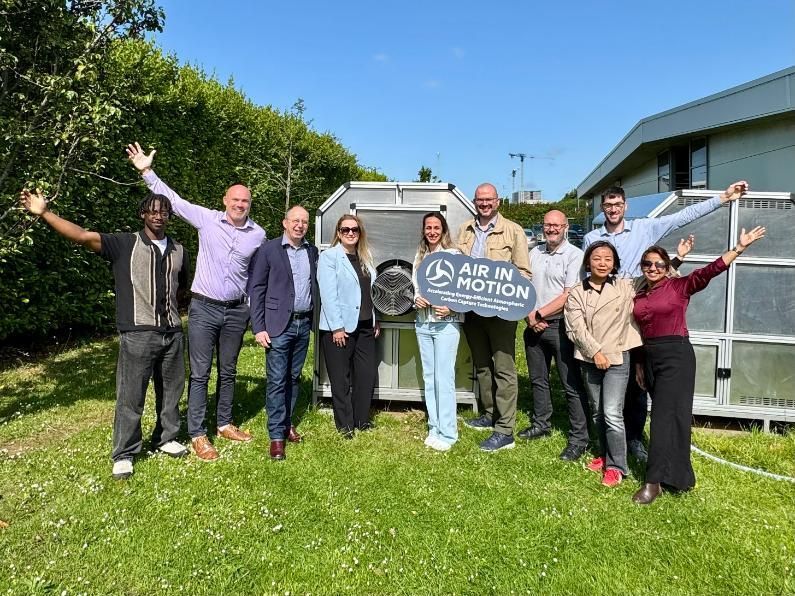Jeff Bezos: A Life Guided by Regret Minimization

Jeff Bezos, the founder of Amazon and one of the wealthiest individuals in the world, operates by a guiding principle he refers to as the “regret-minimization framework.” This philosophy encourages him to limit the number of regrets he may have when he reaches the age of 80. Bezos first embraced this idea in 1994 when he made a pivotal decision to leave his lucrative position at a hedge fund to embark on the ambitious journey of starting Amazon. This choice, rooted in his desire to pursue meaningful endeavors, has not only transformed the retail landscape but has also shaped the technological titan that Amazon has become, currently valued at an astounding $2.3 trillion ($3.5 trillion), significantly enriching Bezos' own fortune, estimated at around $240 billion ($365 billion).
Bezos' commitment to this framework extends beyond his business ventures; it has also influenced his personal life. Six years ago, he made headlines when he left his wife of 25 years for Lauren Sánchez, a former television presenter. Their relationship, which has been followed closely by the media, culminated in a lavish wedding where Bezos reportedly spent approximately $50 million ($76 million) to rent out the picturesque city of Venice for a three-day celebration. Despite the criticisms often directed at billionaires engaging in extravagant displays of wealth, Bezos appears undeterred, focused instead on living life to the fullest, as his philosophy suggests.
As Bezos transitions from his honeymoon back into his professional obligations, his attention is set on Blue Origin, his aerospace company. His fascination with space began early, inspired by the Apollo 11 moon landings in 1969, when he was just five years old. He founded Blue Origin in 2000, driven by the vision of making space travel more accessible and cost-effective through the development of reusable rockets. The company operates under the motto “gradatim ferociter,” which translates to “step by step, ferociously.” Bezos aims to facilitate human expansion into space, allowing for resource extraction in a manner that is environmentally sustainable while preserving Earth as a habitat.


















